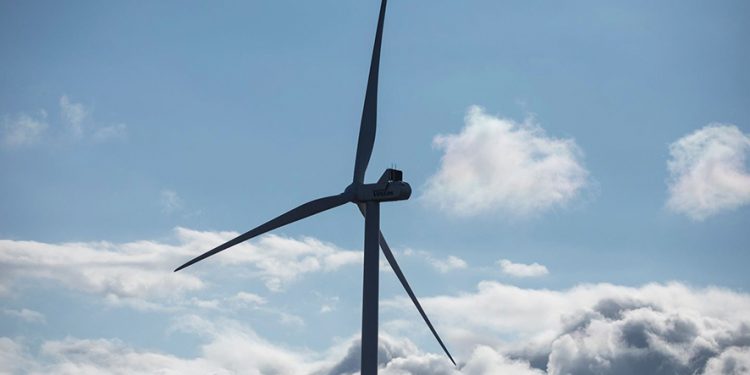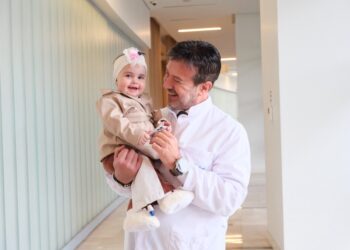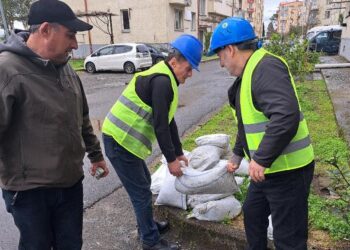The month of January is the best time for launching new projects and activities, – the United Nations Development Program (UNDP) Georgia announced this week. “We’re proud to continue our support for Georgia in safeguarding the atmospheric ozone layer in line with the country’s ambitious goals under the #MontrealProtocol – phasing out 97.5 percent of ozone-depleting substances by 2030.”
The new 12th phase of this pivotal initiative was officially set in motion on 16 January, at a working meeting bringing together representatives of the Georgian Government, the private sector, civil society, educational institutions, and international organizations.
UNDP noted what Georgia has achieved so far: A legal framework supporting the exemptions for Ozone Depleting Substances (ODS) use, mandatory certification of Refrigeration and Air Conditioning (RAC) technicians, regular monitoring and reporting systems to examine ODS consumption and phase-out levels, capacity-building of customs officers and environmental inspectors, and capacity-building of vocational education and training schools to integrate ODS management into their curricula.
Georgia aims to phase out 97.5 percent of ozone-depleting substances by 2030
As a party to the Montreal Protocol on Substances that Deplete the Ozone Layer and the Vienna Convention for the Protection of the Ozone Layer, Georgia aims at an overall reduction of the most harmful ozone-depleting substances – Chlorofluorocarbons (CFCs) and Hydrochlorofluorocarbons (HCFCs) by 67.5% and 97.5% in 2025 and 2030 respectively.
With funds from the Multi-Lateral Fund to the Montreal Protocol, UNDP continues assistance to Georgia in fulfilling the Montreal Protocol schedule in phasing out HCFCs. Building on the achievements of the previous phase, the current initiative focuses on three strategic areas:
1. Control over supply, demand and emissions/releases of HCFCs
2. Collection, recovery, recycling and reclamation of HCFCs, including from end-of-life refrigeration and air-conditioning (RAC) equipment
3. Natural refrigerants/low Global Warming Potential (GWP) including fiscal incentives and revising the national legislation related to the consumption of harmful substances.
Activities carried out as part of the mission include addressing flaws in the legal, regulatory, and procedural framework; skills and knowledge development to ensure the Reduce Reuse Recycle (RRR) network, environmental inspectors, technicians, and customs officers have the necessary capacity; implementing demonstration projects to introduce RAC operators and technicians to technologies based on natural/alternative refrigerants with low GWP impacts and encourage their use in the domestic market; and supporting good servicing practices in the refrigeration sector.
By Team GT














